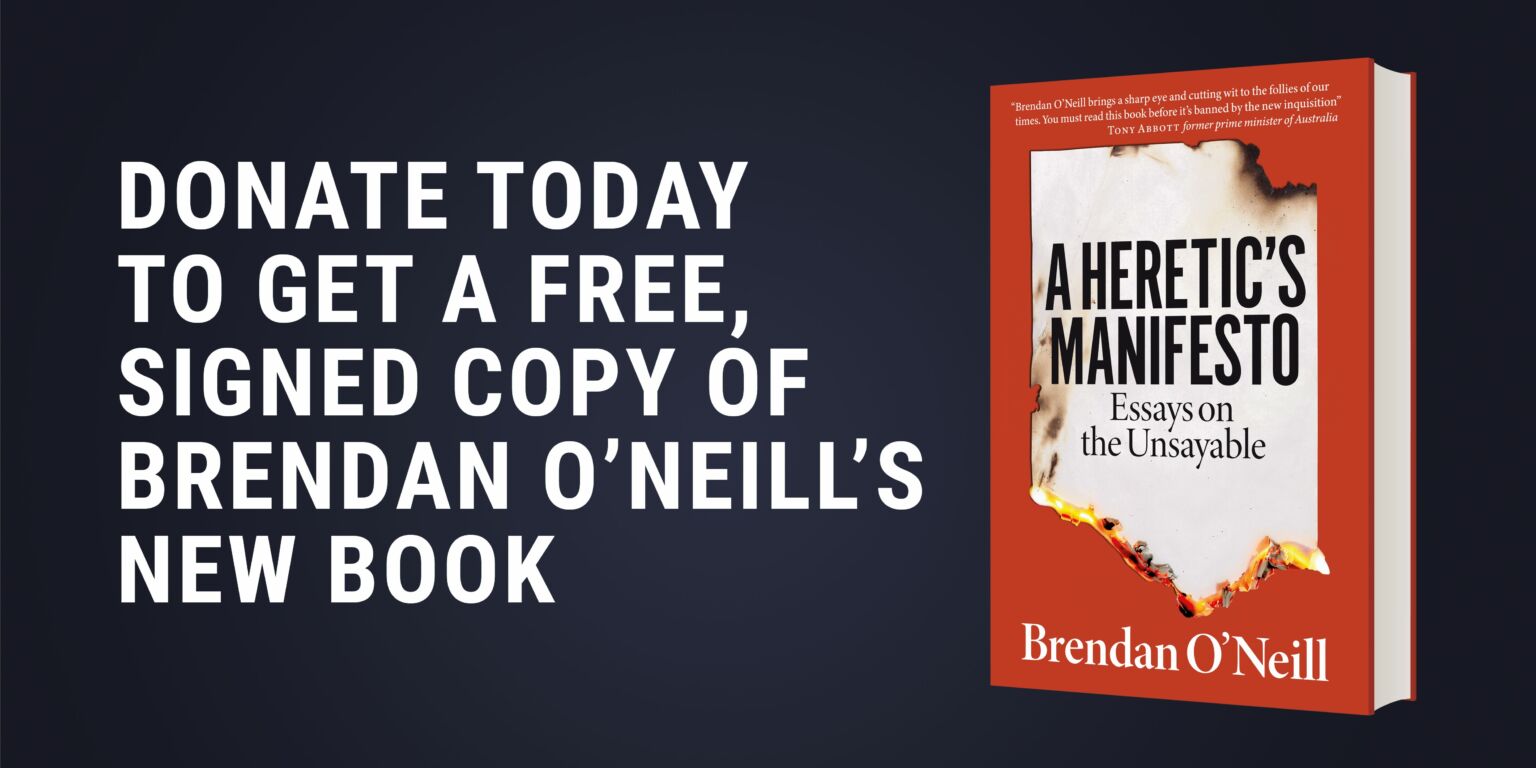Is this the Dutch farmers’ moment?
The fall of Mark Rutte’s government presents a real opportunity for change.

Want to read spiked ad-free? Become a spiked supporter.
Mark Rutte, the Dutch prime minister for over 12 years, has announced he is resigning and leaving politics. He delivered the news on Monday morning, after the collapse of his coalition government on Friday.
The immediate cause of the government’s collapse is a row over the Netherlands’ growing immigration crisis. The issue has plagued the government for months, after chaotic scenes at a migrant-registration centre in Ter Apel near Groningen last autumn. People were sleeping outside for days and a baby was left to die in a crowded sports hall.
Rutte and his People’s Party for Freedom and Democracy (VVD) wanted to impose tighter curbs on immigration. But the other three parties in the coalition objected. And so Rutte, unable to break the deadlock, gave the government’s collective resignations to King Willem-Alexander on Friday. Rutte and his cabinet will stay on in government in a caretaker capacity until a General Election, which is expected to take place in November.
A row over immigration may have been the immediate cause of the government’s downfall. But its problems went far deeper. As with almost everywhere else in Europe, crippling Covid lockdowns have cast a long shadow. There was also the child-benefits scandal in 2021, in which 26,000 parents were wrongly accused of making fraudulent claims. Now there is an energy crisis and a cost-of-living crisis. Perhaps unsurprisingly, polling suggests that voters feel Rutte and his cabinet have been doing a bad job in general.
Arguably, the Rutte government’s biggest challenge came from the agricultural sector. Indeed, Dutch farmers have been in open revolt against the government for four years now. And for good reason. Under pressure from the EU, the Dutch government has been trying to cut nitrogen emissions in the Netherlands by half in order to meet Net Zero targets. This policy would be devastating to farmers’ livelihoods. It amounts to an order to significantly reduce fertiliser use and to cut livestock numbers. To ensure emissions are reduced, the Dutch government is targeting around 3,000 of the most polluting farms for closure.
In response, the Dutch farmers have staged large-scale protests in towns and on highways. And, in November 2019, they formed a political party, the Farmer-Citizen Movement (BBB). Throughout this time, the farmers have won considerable popular support. At the Dutch local elections in March, the BBB inflicted heavy losses on Rutte’s VVD, and became the largest party in the senate. Recent polls put the BBB in a tie for the lead with the VVD.
So the BBB and its supporters will see the upcoming General Election as a real opportunity to gain significant political power. This would be a chance not only to stop the destruction of farmers’ livelihoods, but also to make a decisive break with the politics of the Dutch establishment.
It will not be easy. The BBB knows that in order to halt the closure of thousands of farms, any future government would butt heads with the EU. It would have to resist the EU’s Net Zero crusade. And everyone knows how ruthlessly the EU tends to respond to resistance from member states. While some Eurosceptic voters might relish a conflict with the EU, this prospect could also put off some voters who are otherwise sympathetic to the BBB’s cause.
Furthermore, the resignation of the unpopular Rutte could end up leading to a revival of the VVD’s fortunes. It’s entirely possible a new leader might be able to rebuild some of the bridges he broke over the past few years. A renewed VVD might start to look like a safe option for voters again.
So, in the run-up to this winter’s General Election, the Dutch farmers and their supporters will need to be brave. They will need to show that they are willing and able to take on the EU – and that there is an alternative to the Dutch establishment. The whole of Europe will be watching.
John Lee Shaw is a freelance writer based in the Netherlands. Follow him on Twitter: @JohnLeeShaw.
Picture by: Getty.
Celebrate 25 years of spiked!
A media ecosystem dominated by a handful of billionaire owners, bad actors spreading disinformation online and the rich and powerful trying to stop us publishing stories. But we have you on our side. help to fund our journalism and those who choose All-access digital enjoy exclusive extras:
- Unlimited articles in our app and ad-free reading on all devices
- Exclusive newsletter and far fewer asks for support
- Full access to the Guardian Feast app
If you can, please support us on a monthly basis and make a big impact in support of open, independent journalism. Thank you.







Comments
Want to join the conversation?
Only spiked supporters and patrons, who donate regularly to us, can comment on our articles.